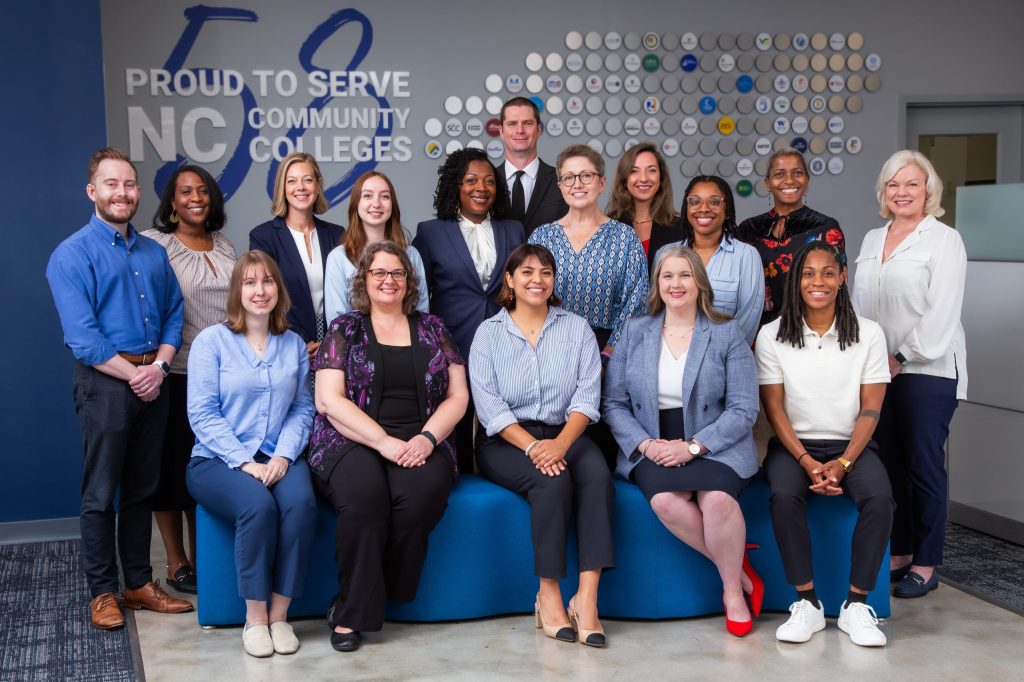PACE
The PACE Climate Survey allows community college leaders to better understand their institution’s culture and overall capacity to promote student success by hearing directly from employees about how they perceive and experience their work. In doing so, the survey promotes open and honest communication to inform priorities for change.
Why Use the PACE Survey
- Compare your campus climate to that of peer institutions by size, region, degree type, and more
- Gather employee insights on a new initiative, project, or practice
- Develop a strategic plan or evaluate the effectiveness of strategic plan implementation
- Fulfill accreditation or funding requirements
- Measure campus climate before, during, or after a change in leadership
- Assess differences in campus climate across a state or regional college system
- Over 170 community colleges served
- Over 110 repeat partners
- Over 162,000 total respondents
- More than 30 years of survey administrations and reporting
The PACE Survey and the Belk Center

The PACE Climate Survey was originally developed by the National Initiative for Leadership and Institutional Effectiveness (NILIE) and transitioned to be fully under the management of the Belk Center for Community College Leadership and Research in 2019. Since then, the PACE Climate Survey team and the Belk Center team have been one and the same, with the survey becoming an increasingly critical component of the Belk Center’s efforts to support community colleges in improving student access and success. The Belk Center originated through the long-standing commitment of the NC State College of Education to serving North Carolina’s community colleges and with generous support from the John M. Belk Endowment – aims to be a nationally recognized model of critical partnership with North Carolina’s community colleges in promoting student access and success and increasing the attainment of postsecondary credentials of value.


